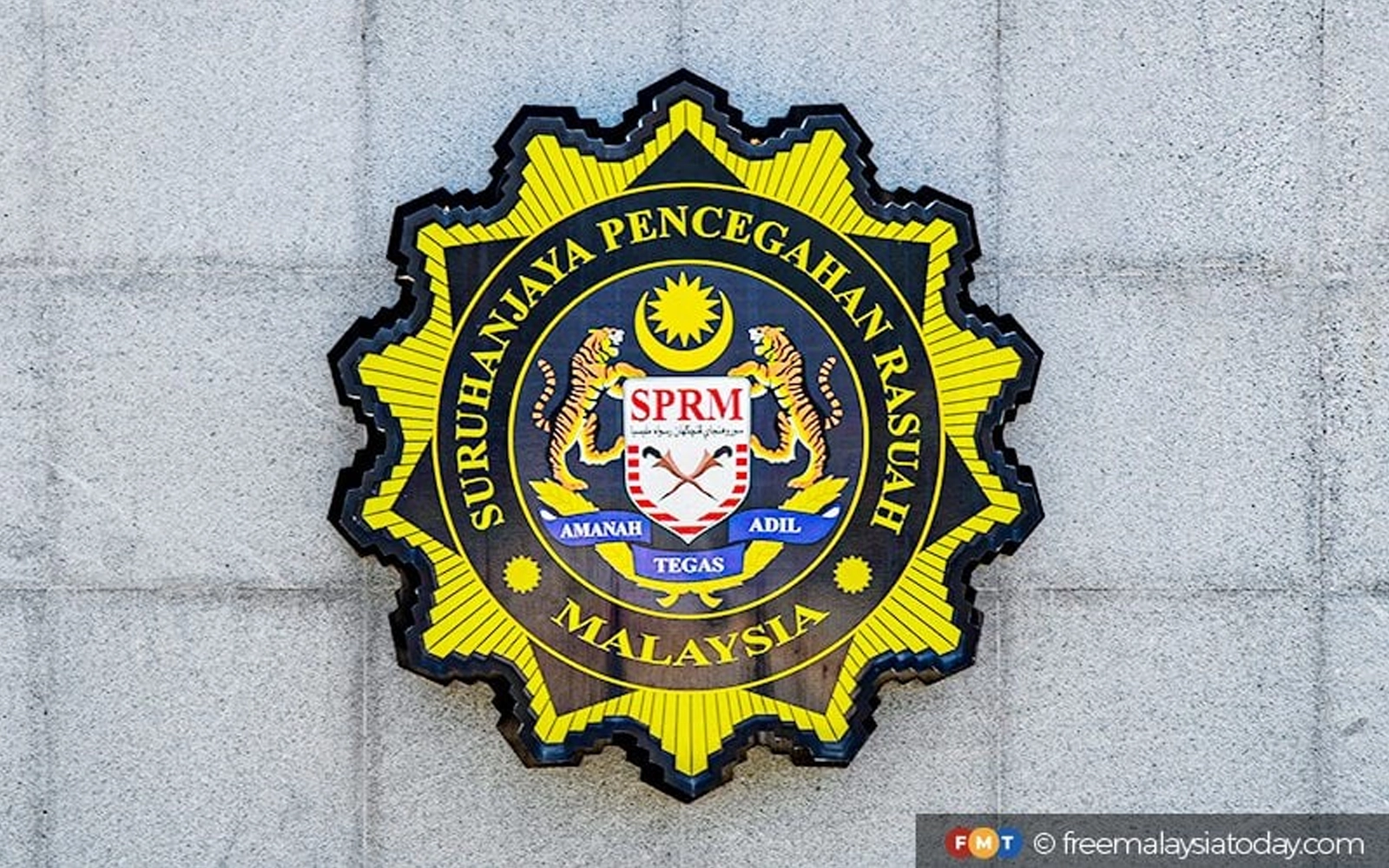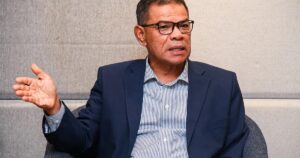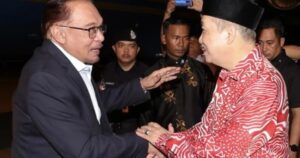
From Walter Sandosam
Late last month, the Southeast Asia Anti-Corruption Conference: Recalling Jakarta Statement was held in Kuala Lumpur attended by graft-busters from the region.
Much was said on operational autonomy and institutional independence. Invariably, this is buttressed on the notion that there should not be government interference.
A more important factor highlighted was the dimension of accountability and preserving of public trust in the anti-corruption bodies.
In the fight against corruption, civil society has to serve as “vigilant partners”, and the private sector in turn has to uphold ethical practices.
In Malaysia, on the private sector front, amendments to Section 17A of the MACC Act now hold directors directly responsible for instances of corruption at all levels perpetuated under their domain of accountability. This is noteworthy oversight.
Oversight has many aspects, hence, what is considered good for the goose should also be good for the gander.
Malaysia is no stranger to oversight. The MACC Act 2009 enacted during the stewardship of the late Abdullah Ahmad Badawi was specific to this purpose.
It was, among others, to address the perception of interference by the executive in the then Anti-Corruption Agency (ACA) and the need for holistic oversight on the graft-buster to ensure it does not go wayward.
Earlier this month, two representatives from the opposition were among three new members appointed to the special committee on corruption chaired by Shahar Abdullah
The total complement of the committee is seven. It comprises parliamentarians from both sides of the divide and is meant to play a key role in “providing oversight and ensuring transparency and accountability in the nation’s anti-corruption efforts”.
In March, a corporate figure, Salim Fateh Din, was appointed chairman of MACC’s anti-corruption advisory board. It is not clear who the other members of the board are as the link on the MACC website states they are “in the process of appointing”.
The other oversight committee, by law, is the complaints committee. Its role is obvious.
Two other independent oversight bodies established through administrative order are the operations review panel, and the consultation and corruption prevention panel.
On paper, at least, it appears the structural framework on oversight of the MACC is in place.
For all intents and purposes, appointees to these bodies play the role equivalent of non-executive independent directors in corporates responsible for unabridged oversight.
“Directors are not decorative instruments and have an important role to play”. These are the words of a High Court judge in passing judgment over two company directors who were deemed not to have discharged their duties satisfactorily.
The appointees on the oversight bodies should take a cue from this. You have been appointed, either by law or administrative order, to undertake the oversight function of the MACC. Hence, you have both a legal and moral obligation.
The discordant views expressed by the past advisory board and the resignation of a prominent academic from the consultation and corruption prevention panel speak for itself on the state of affairs.
Recent events are rather troubling, namely the disappearance or “abduction” of a “witness” on the way to the MACC’s headquarters. To be fair, the graft-buster cannot be held accountable for that given it is speculated to be the work of police “impersonators” or otherwise.
On the contrary, the views expressed by a past MACC chief commissioner has cast a pall of doubt on the entire process with respect to this specific person.
Additionally, legal counsel has revealed that a suit was filed by the said party only two days before the visit to the MACC on alleged improprieties by the graft-buster.
What is the public to take away from this? The optics are definitely unsavoury at best given the standing of the persons stated above – who are fully aware of the law.
Those charged with oversight should play their role here, as it should on other instances when not all seems right at the MACC.
Surely appointees do not want to be remembered as ineffective porcelain dolls. You cannot afford to be like the proverbial monkey figurine “see no evil, speak no evil, hear no evil”.
If there is ineffectiveness or improper governance which is questionable, it is incumbent upon you to address it.
You are appointed as independent parties to safeguard the interests of the public – not other parties. Engagements with all stakeholders, which includes the public, is imperative.
I was among the initial cohort of the operational review panel, and it is sufficient to say that the chairman (a retired auditor-general) and members had regular press briefings on matters of interest.
It has been lamented by many quarters that while Malaysia has all the laws in place, it is the implementation which needs to be worked on.
If the country is to rise in its anti-corruption indices rankings, it all begins in oversight. If not, it is “sandiwara”.
There must be inalienable public trust in any anti-corruption body.
Walter Sandosam is a past member of MACC’s independent operations review panel.
The views expressed are those of the writer and do not necessarily reflect those of FMT.






